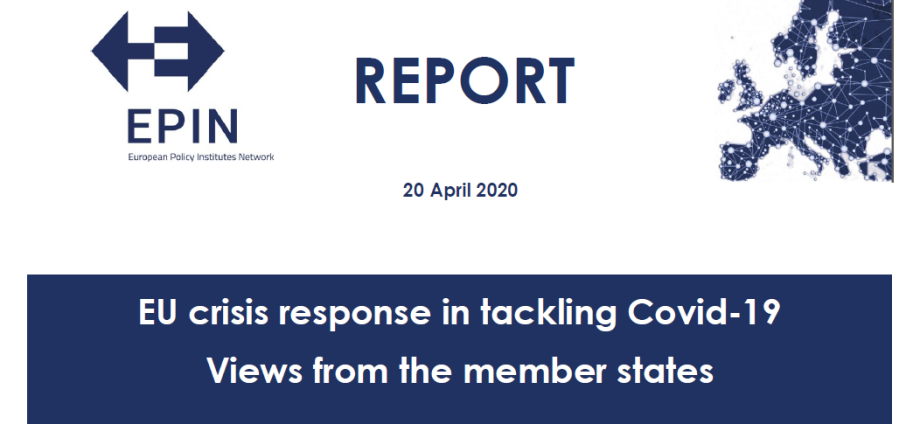EU crisis response in tackling Covid-19. View from Slovakia

Slovaks’ perceptions of the EU in fighting the COVID-19 have been mixed. When the virus started to spread in Europe, Slovakia was in the middle of a general election (29/02) and a change of government (21/03). Consequently, this diverted attention from the EU.
In general, the EU’s ‘false start' in tackling the COVID-19 was noted negatively among citizens in Bratislava. According to this poll conducted in March, Slovaks felt that China helped them three times more (68%) than the EU (22%). There was a general feeling that the EU was too slow to respond. Moreover, people thought there was no solidarity among member states and that Western EU countries were preventing the export of medical equipment and supplies to Slovakia.
Now the mood has started to change in the EU’s favour, for two reasons. First, the EU institutions and the Slovak government revamped their strategic communication, which entails debunking disinformation around COVID-19 and showcasing EU actions and member states’ solidarity in tackling the pandemic across Europe, for example. The fact that France and Germany delivered more masks and gowns to Italy than China did was widely noted among citizens.
Second, the economic measures announced by the EU help to improve its image, moderately. But as Bratislava ranks the highest in terms of misuse of EU funds and fraud, it will all depend on when and how much citizens eventually benefit from the EU’s support.
****************************************************************************************************************************
This reflection was published on 20 April 2020 as part of the European Policy Institutes Network (EPIN) report EU crisis response in tackling Covid-19. Views from the member states edited by Sophia Russack.
The report provides an overview of how EU cooperation was perceived in the respective EU member states. Experts and researchers from nineteen institutes from 15 different countries from a representative cross-section of member states have contributed to the document, including GLOBSEC. To read the report go here.

Associate Fellow, Centre for Global Europe